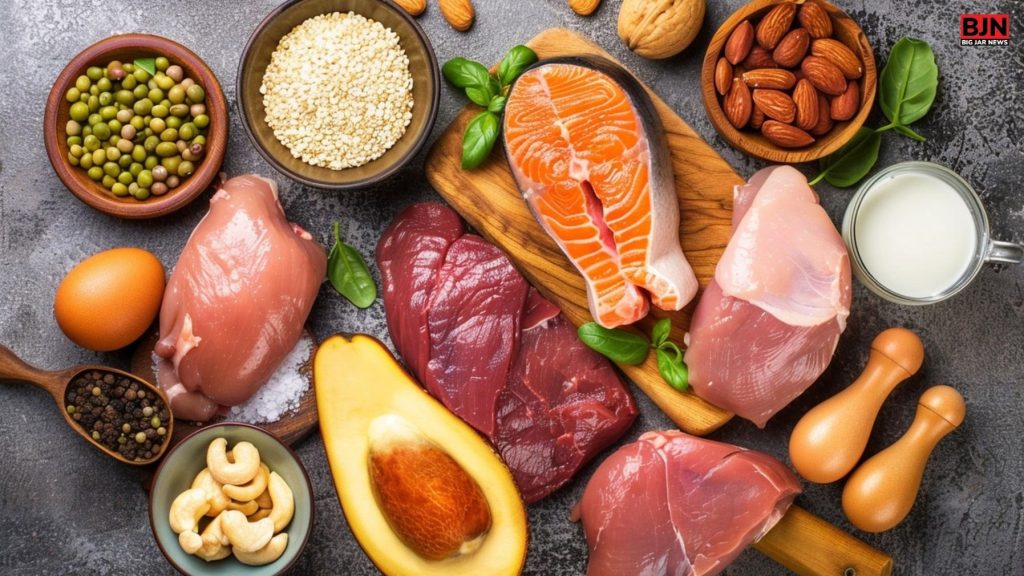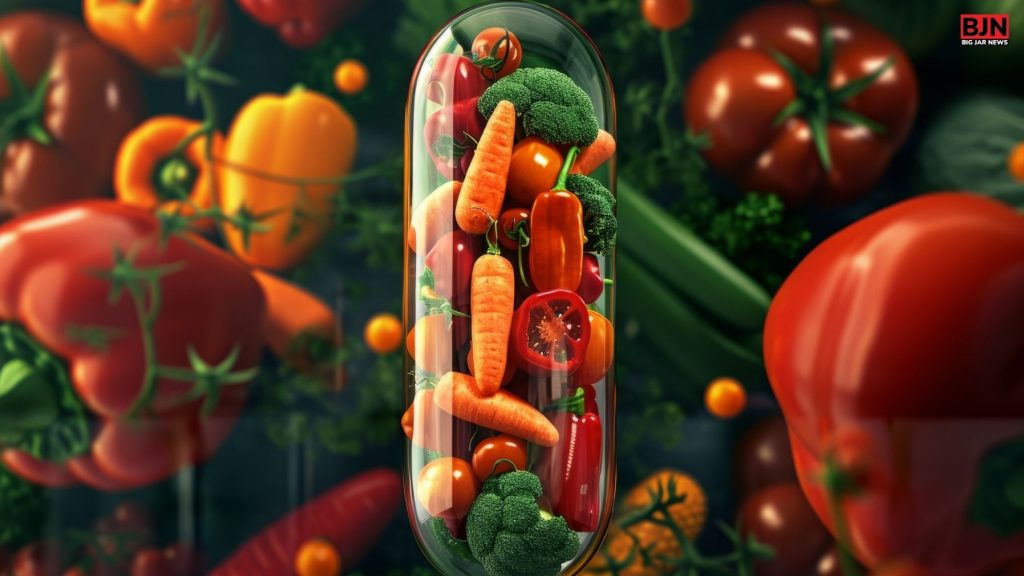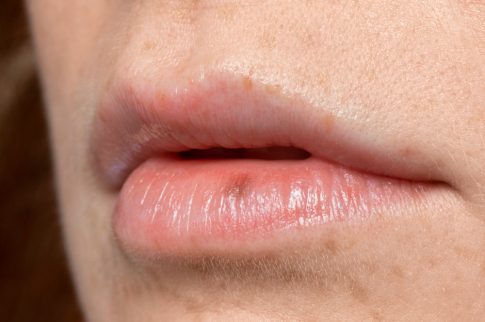Nutrition Plans for Athletes: Fueling Performance and Recovery

Table Of Contents
Nutrition plans for athletes complement rigorous training and all the other physical demands. They have always played an important role in athletes’ performance, well-being, and overall recovery.
Their diet needs to be well-balanced and strategic. This will further help to enhance their energy levels, endurance, and mental focus.
Are you an athlete or a seasoned sports professional? Then, you must understand how crucial proper nutrition is. Trust me! It can make a significant difference in your training and your competitive performance.
In this blog, we will delve into all the key aspects of nutrition that you may need as an athlete. We will include the essential nutrients, meal timing, and specific diets for different types of athletes.
Later, we will also explore how athletes can build a proper diet plan that matches their goals and performance.
Nutrition Plans For Athletes: Understanding Athlete’s Nutritional Needs
Athletes require more proper nutrition than an average person due to the intensity of their physical activities.
Athletes’ body needs more energy, macro as well as micronutrients. These work as a supplement to support their training, optimize the overall performance, and further receiver effectively.
The macronutrients include carbohydrates, proteins, and fats. These are essential for athletes to help them recover faster and fuel their performance.
Carbohydrates: The Primary Energy Source

Carbohydrates. The major energy source for the human body. You need maximum carbohydrates when you are performing high-intensity exercises.
Once consumed, carbohydrates break down into glucose, which is the fuel for both muscles and the brain. Athletes need a strong diet enriched with carbohydrates, including whole grains, vegetables, and fruits.
The carbohydrate further helps maintain stable energy during competition and even workouts.
Now, the question comes: How much carbohydrates does an athlete need? Well, athletes must aim for 3 to 10 grams of carbohydrates per kilogram of body weight per day.
Let’s say you are preparing for a marathon. Then you would require more carbohydrate than any weightlifter.
Protein: Building Blocks for Muscle Recovery

Protein is mainly composed of amino acids. Now, you are going through rigorous training. Your muscles stress a lot. Protein helps repair and rebuild those stressed muscles further.
Moreover, you must intake an adequate amount of protein to maintain immune functions and prevent injuries.
So, how much protein would an athlete require? Experts often recommend 1.2 to 2.0 grams per kilogram of body weight.
Strength training requires more protein than endurance training. So, if you are preparing for weight lifting, you would need to add protein to your diet.
Fats: A Source of Long-Lasting Energy

No, never underestimate fats. The world may be currently in a race to build a fat-zero body. But trust me! These fats provide long-term energy for endurance athletes.
We just have to understand what if the good fat is good and what’s bad!
Fats are essential for an athlete’s diet. As I said, they provide long-lasting energy when you are engaged in prolonged activity.
But what can supply you with healthy fats? Well, you can add avocados, nuts, seeds, and olive oil to your diet. Moreover, this diet helps improve hormone production and further supports brain function.
Now, the main question is: How much fat should an athlete consume? As the experts recommend, an athlete must aim for 20 to 35% of calorie consumption from fat intake.
They can also prioritize their unsaturated and saturated fat intake. The overall amount would depend on their training goals and the number of calories they require.
Micronutrients: Supporting Vital Functions

Minerals and vitamins are counted as micronutrients. These are just as necessary as the macronutrients in an athlete’s diet. You may need to have a small proportion of it. However, it can be a great energy production for you.
Moreover, micronutrients can also be essential for better health, immunity boosts, and prevention of all kinds of injuries.
Key Micronutrients for Athletes

Here are the micronutrients that should be added to the nutrition plan for the athletes.
| Iron | Iron helps transport oxygen to muscles and tissues. Female athletes are always at risk of iron deficiency, which can lead to massive fatigue and decreased performance. |
| Calcium and Vitamin D | These are crucial for better bone health for athletes who participate in weight-bearing activities or any other high-impact sports. |
| Magnesium | This specific mineral component supports great muscle function and energy production. Thus, it is essential for endurance sports athletes. |
| Electrolytes (Sodium, Potassium, and Calcium) | These electrolytes help maintain fluid balance and prevent muscle cramps during intense training. |
The Importance of Hydration

Hydration is one of the core components of an athlete’s diet. Dehydration can lead to impaired performance, further leading to:
- Fatigue,
- Decreased endurance
- Other severe consequences such as heat stroke.
Thus, it is crucial for athletes to plan and maintain proper hydration and fluid intake before, during, and after training.
- Pre-Exercise Hydration: As an athlete, you must drink throughout the day, and at least 2-3 hours before the exercise.
- During Exercise: Water can be a sufficient source of hydration during the exercise. However, for intense exercises, you should consider beverages with added electrolytes to replace lost minerals.
- Post-Exercise Hydration: Rehydration is essential after exercise. Athletes should aim to replenish the fluids and electrolytes lost during their workout to support recovery.
Meal Timing And Frequency For The Athletes

Proper meal timing is essential for athletes to optimize their performance and recovery. However, the overall timing and meal frequency depend on individual needs.
Here are some guidelines that you can follow:
Pre-workout Nutrition
Eat a balanced diet 2-3 hours before your exercise. This can fuel your overall workout and enhance your performance.
Your pre-workout meal must have enough carbohydrates to provide energy. You must also include a moderate amount of protein and a small amount of fats.
Let’s say you do not have time for a full meal. In that case, you can have a balanced snack just 30-60 minutes before the exercise. However, you must ensure that it contains rich protein and digestible carbohydrates.
Post-Workout Nutrition
Once you are done with your training or exercise, your body goes into recovery mode. Thus, you would need adequate nutrients to help repair the muscles and restore the glucose.
If so, you can consume a snack or post-workout meal within 30-60 minutes. Your diet should be focused on carbohydrates to restore glucose and protein to repair muscle tissues.
You can try a combination of both carbs and protein (in a 3:1 ratio). It is most beneficial.
Regular Meals Throughout the Day
The nutrition plans for athletes should include regular meals and snacks. This meal plan can ensure that the athletes are consistently fueling their entire body.
The most important part? Avoiding long meal gaps without eating. Long meal gaps can lead to massive energy depletion and further hinder the recovery process.
In general, athletes should aim for three proper meals and 2-3 snacks in a day. However, this may depend on their training and goals.
Nutrition Plans For Athletes: Customized Nutrition Plans For Different Types Of Athletes

The nutrition plans for athletes are not a one-size-fits-all approach. Different types of athletes have different nutrition requirements based on their,
- Training intensity
- Goals and
- Sports
Here’s a breakdown of nutrition plans tailored to specific types of athletes:
Endurance Athletes (Marathoners, Cyclists, Swimmers)
Endurance athletes require a high carbohydrate intake to fuel their long-duration activities. They must consume 6-10 grams of carbohydrates per kilogram of body weight.
On the contrary, the protein intake needs to be lower than the carbohydrate intake. You must focus on consuming 1.2 to 1.4 kilograms per body weight.
Lastly, fat consumption should be moderate, just enough to provide your energy for prolonged activities.
- Key Focus: Carbohydrates for energy, protein for muscle repair, and hydration.
Strength and Power Athletes (Weightlifters, Sprinters)
Now, if you are involved in strengths and power-related sports, then protein can play a massive role in muscle growth and recovery. The strengths athletes must consume atleast 1.6-2.0 grams of protein per kilogram of body weight.
Carbohydrate always remains necessary. Even though it is not as crucial as it is for the endurance athletes.
Lastly, you must include healthy fats in your diet. This can help you produce hormones and maintain joint health.
- Key Focus: Protein for muscle repair, carbs for energy, and fats for hormone support.
Team Sports Athletes (Football, Basketball, Soccer)
Team sports athlete players require a balanced diet, including carbohydrates and proteins. This can help to fuel the overall performance during intense training.
They must focus on a proper 3-7 grams of carbohydrates per kilogram of body weight. As for the protein portion, you must include 1.2 to 1.6 grams of protein per kilogram of body weight.
And yes! Do not forget to add adequate fats to support recovery.
- Key Focus: A balanced diet of all macronutrients, emphasizing energy and recovery.
Conclusion: Nutrition is Key to Success
In conclusion, athletes must remember that nutrition plans for athletes are not a one-size-for-all approach. What is working for you may not be working for someone else.
So, keep experimenting before concluding. Pay attention to how your body is responding. This way, you will be able to fine-tune your body with a proper diet for optimal performance.
I would always recommend you to consult with a dietitian before you make your plan. Let them know about the foods that you are allergic to! They can help you to plan the right nutritious meal for you!
Read Also:
You May Also Like

January 21, 2022
























